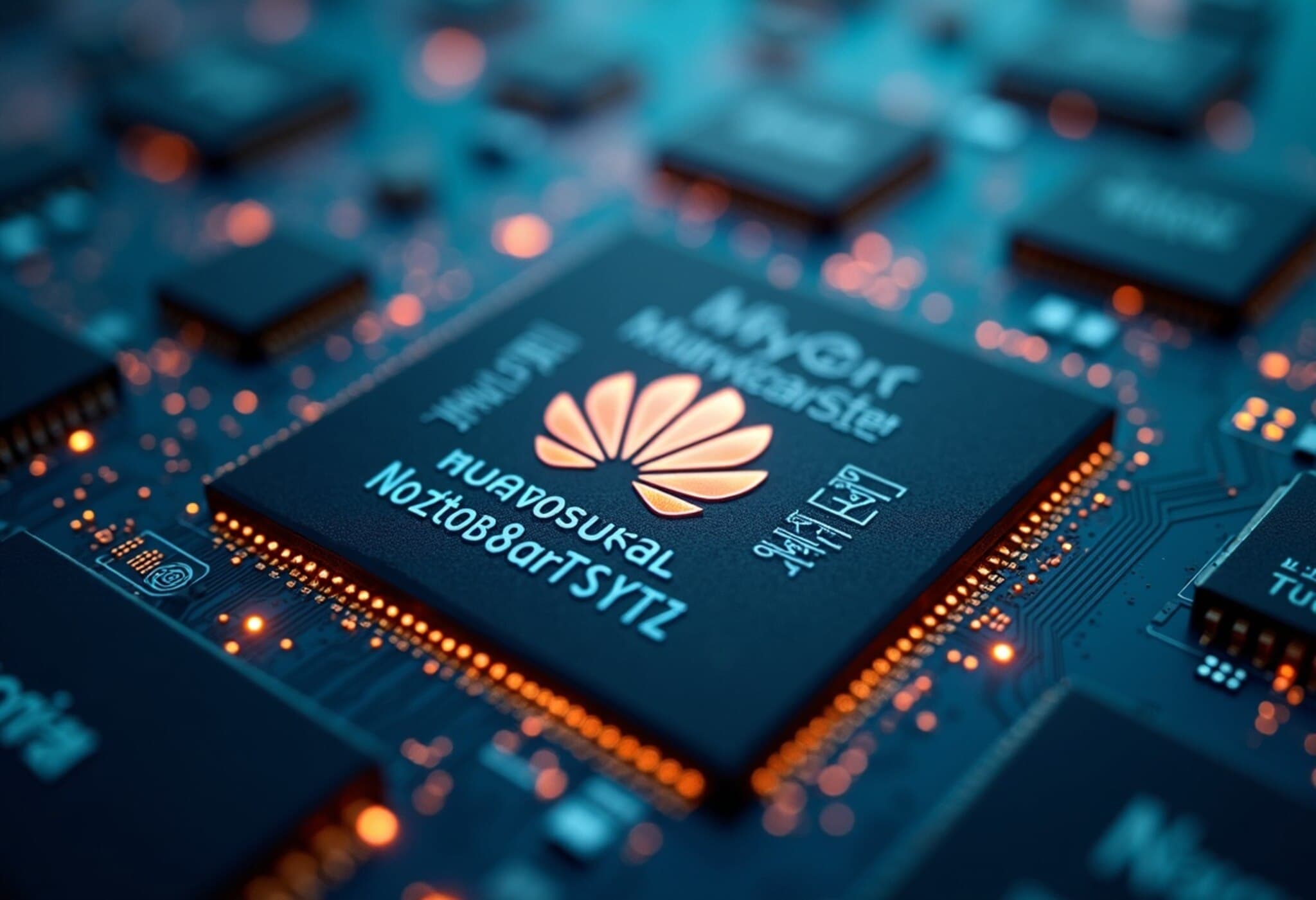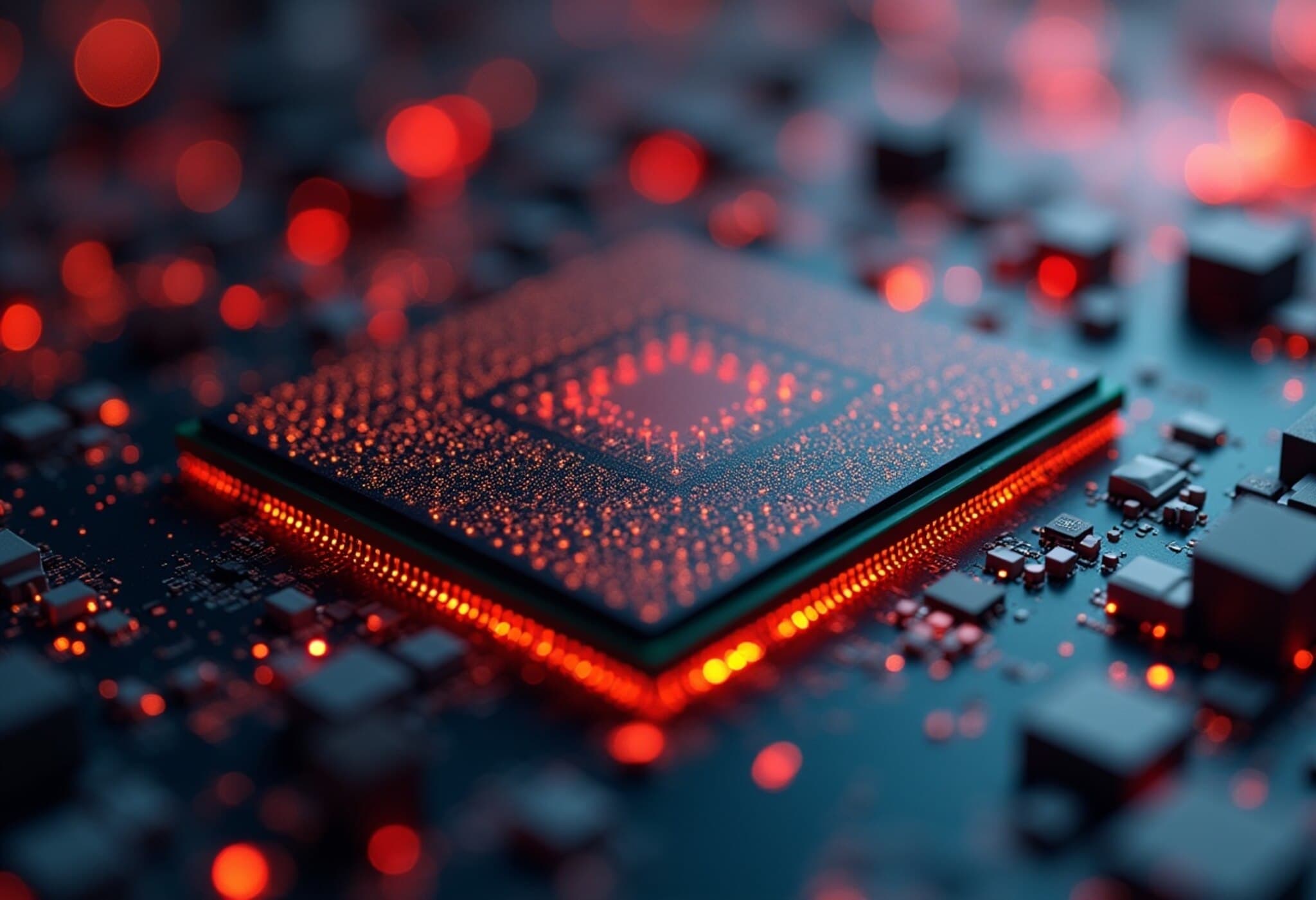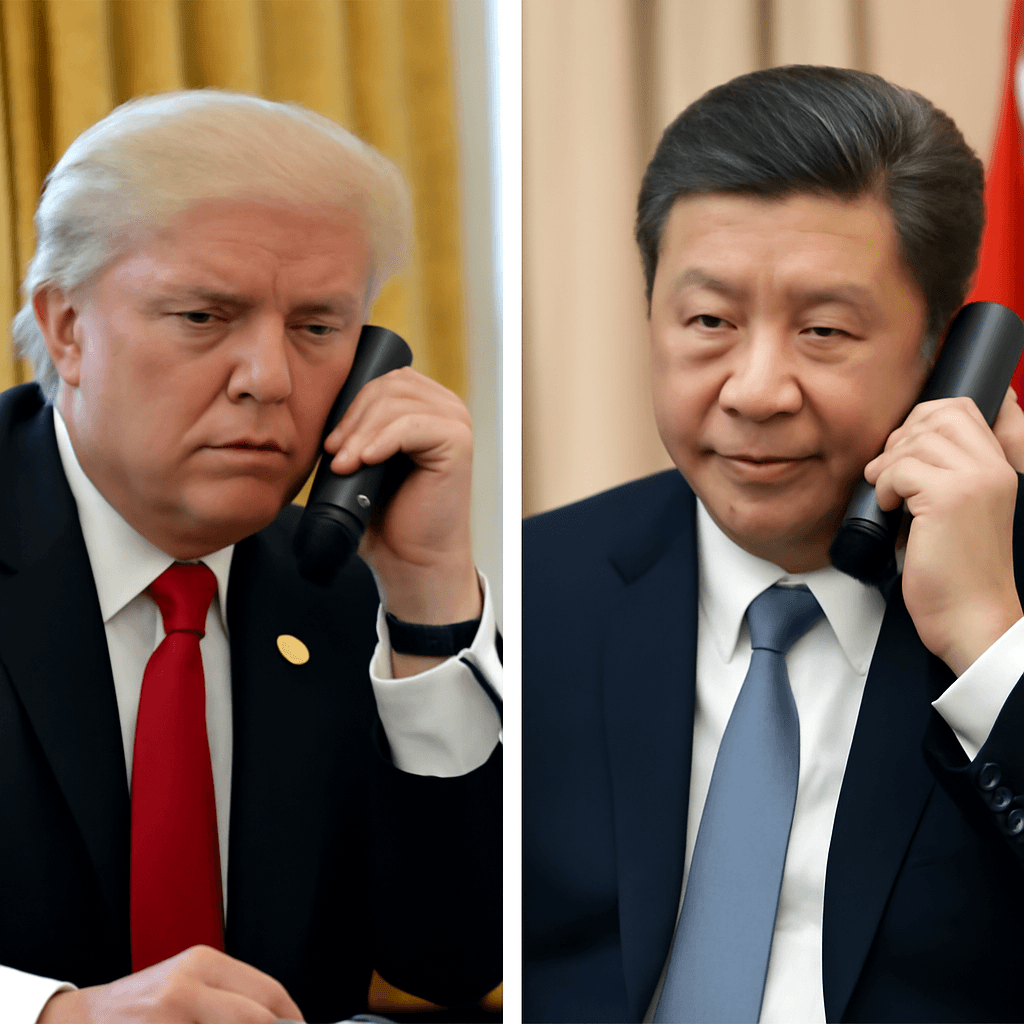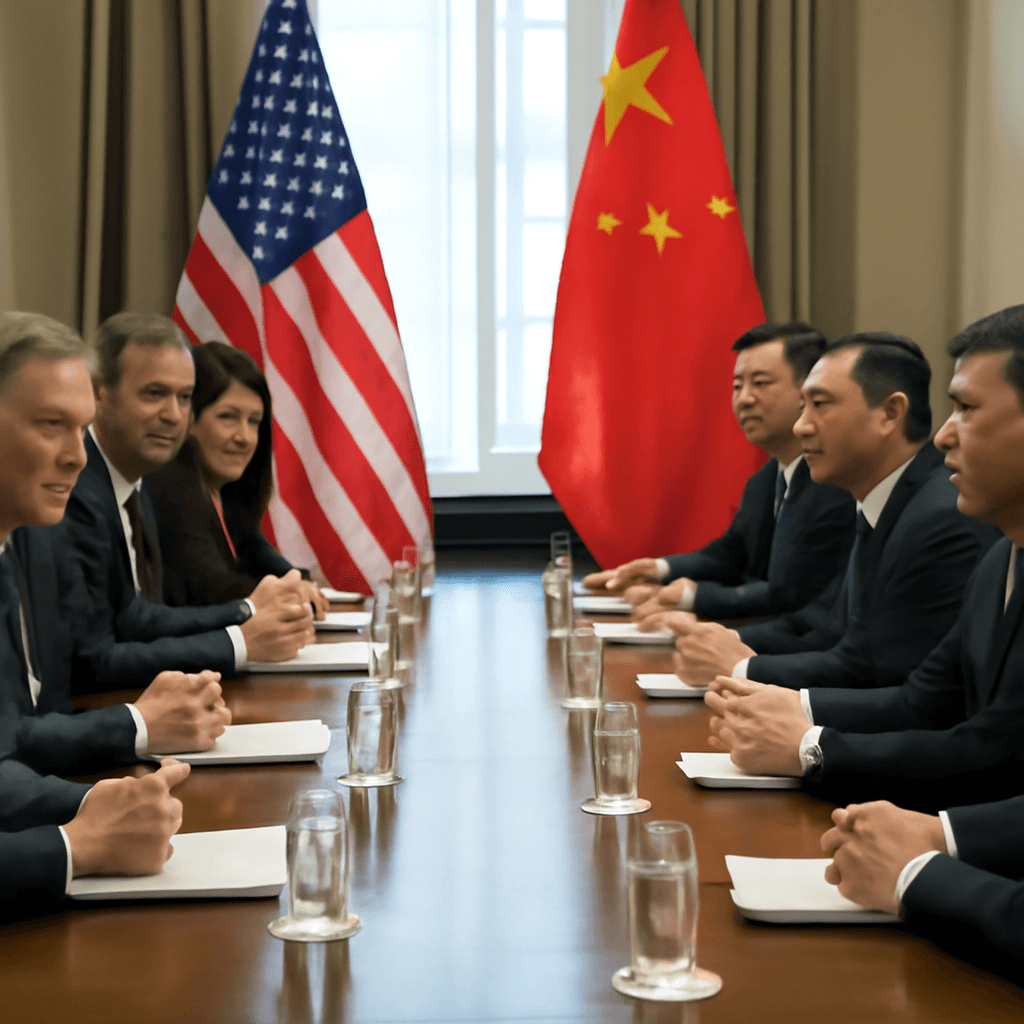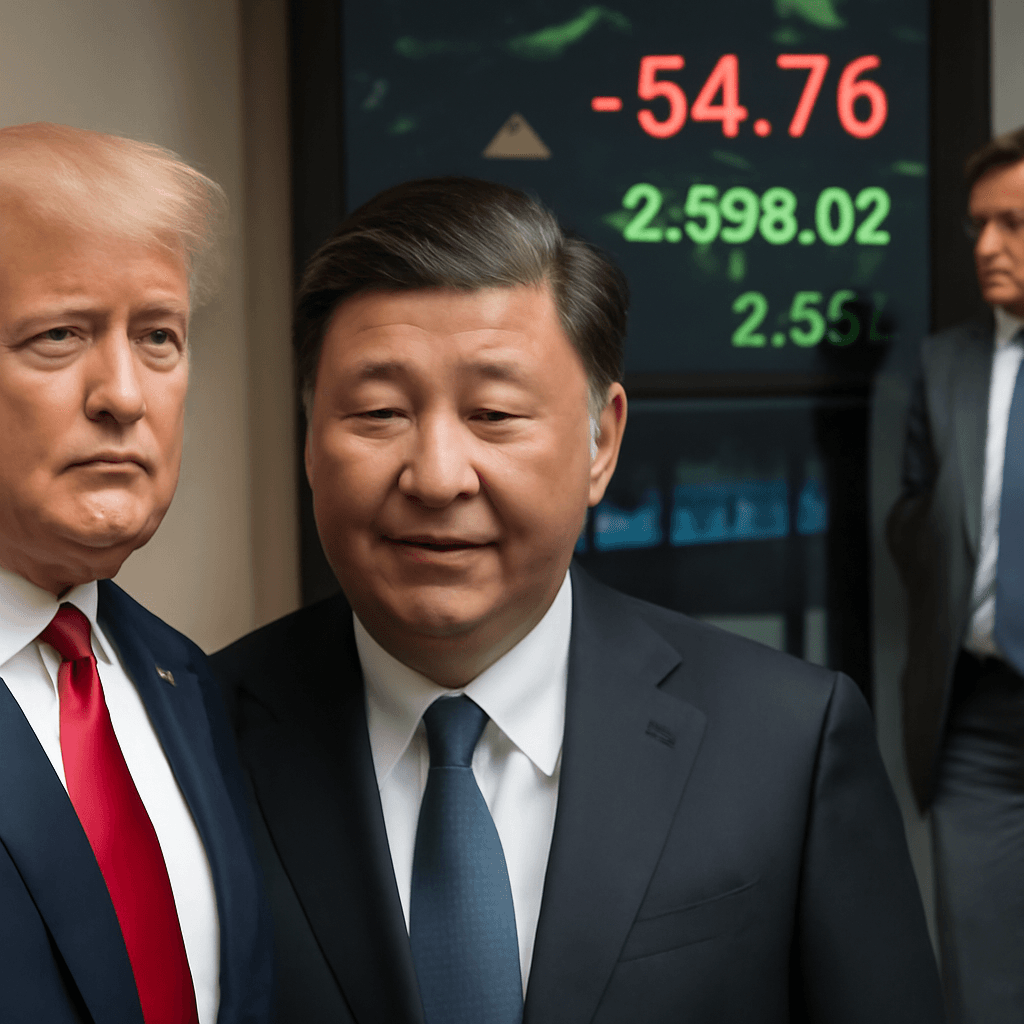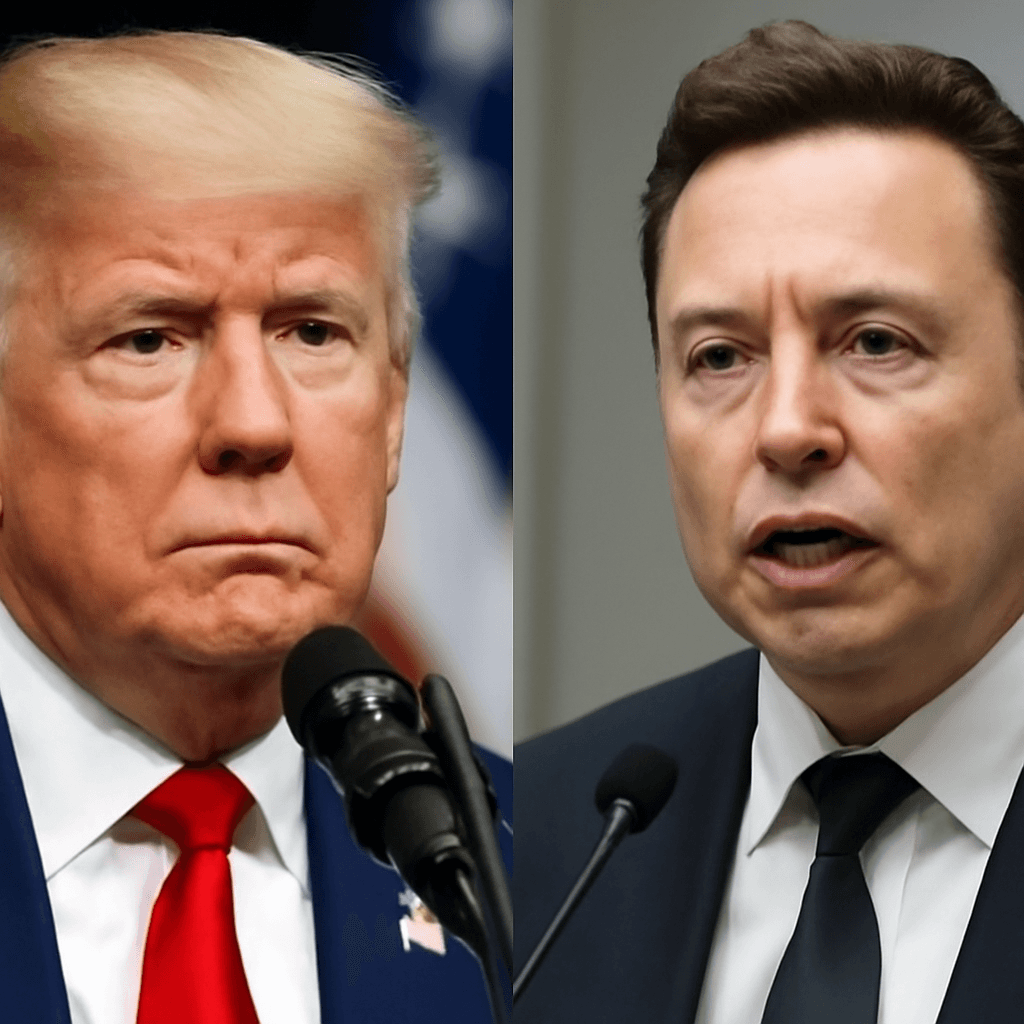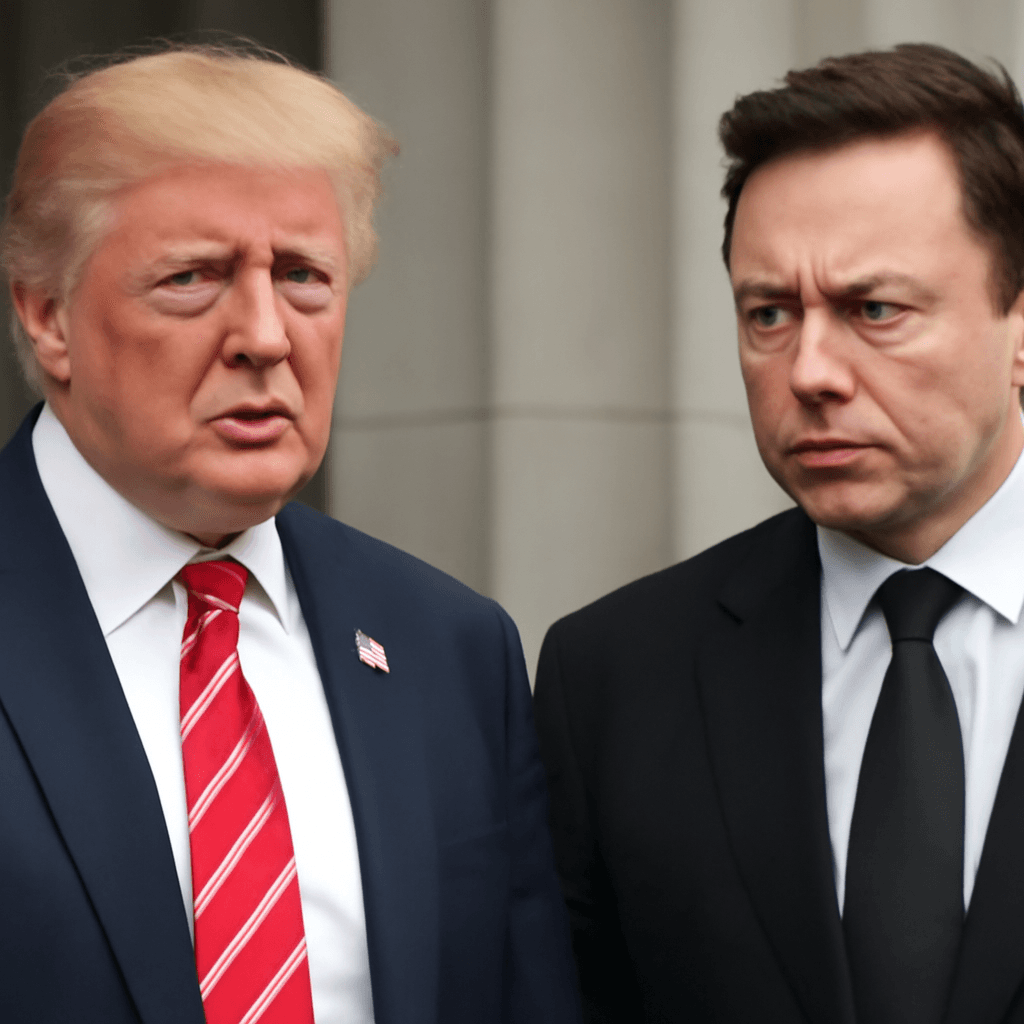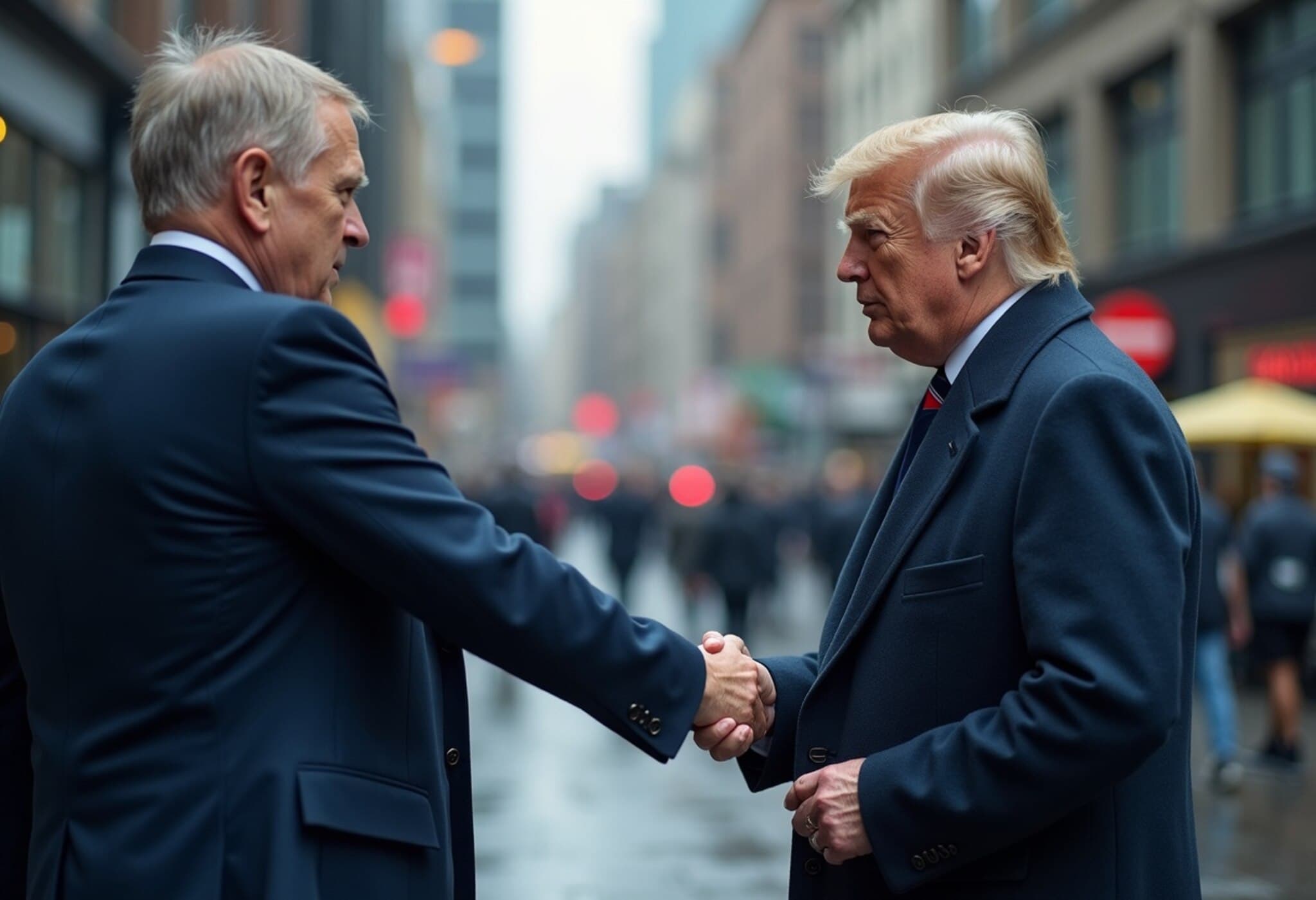US-China Trade Talks Stall Over Military-Grade Rare Earths and AI Chips
In the latest round of negotiations held in London, the United States and China have managed to secure a temporary trade truce but have left unresolved key issues concerning export restrictions on military-use rare earth elements and advanced artificial intelligence (AI) chips. These unresolved matters cast doubt over the prospects of reaching a comprehensive trade agreement between the two economic giants.
Rare Earth Elements and AI Chips: The Core of the Standoff
Chinese officials appeared to link progress on easing rare earth export restrictions to the relaxation of US controls on AI chip shipments during the talks. Rare earth magnets, essential components for US fighter jets and missile systems, remain tightly controlled by Beijing, which continues to dominate global production and refining of these crucial materials.
Meanwhile, the US has maintained stringent export curbs on advanced AI chips to China over concerns about their potential military applications. The negotiation focus has shifted beyond tariffs and drug trafficking to encompass strategic technology transfer controls.
Trade Truce Amid Extended Tariffs and Lingering Uncertainty
The US is reportedly weighing the option of extending the existing tariffs on Chinese goods for 90 more days beyond the current August 10 deadline. This extension could further postpone a permanent resolution. Both governments remain tight-lipped on the talks' details.
Despite the stalemate, China has offered accelerated export approvals for rare earth shipments intended for non-military US buyers, including a dedicated "green channel" for trusted companies, with six-month licenses reportedly granted. However, military-grade materials such as samarium are excluded from these expedited processes.
Strategic Tensions and Economic Implications
The ongoing dispute underscores China’s strategic leverage through its control of critical minerals pivotal for US defense technologies. Earlier this year, Beijing’s restrictions on critical mineral exports prompted the US to impose further export controls on items like jet engines and semiconductor design equipment.
In a recent phone call, US and Chinese leaders agreed to fix tariffs at 55% and 10%, respectively, on certain goods. Still, analysts remain skeptical that a breakthrough will be achieved before the imminent deadline. Extending the timeline could provide the US administration additional legal grounds to uphold or adjust tariffs.
Expert Views on the Trade Outlook
China-based analysts highlight the difficulty of swiftly addressing the entrenched trade imbalance. One expert noted that temporary compromises might be possible, but fundamental issues are unlikely to be resolved before the US administration changes.
Another commentator emphasized the US government's recognition that securing a trade deal fully aligned with its prior demands has proven more challenging than anticipated, necessitating pragmatic adjustments in their approach.
Summary
- US-China trade negotiations remain incomplete regarding military-use rare earth exports and AI chip curbs.
- China controls crucial rare earth materials vital for US defense systems, maintaining leverage.
- The US continues to limit AI chip exports to China over national security concerns.
- Tariffs may be extended beyond August 10, delaying a permanent agreement.
- Experts anticipate prolonged challenges in resolving these core disputes.






